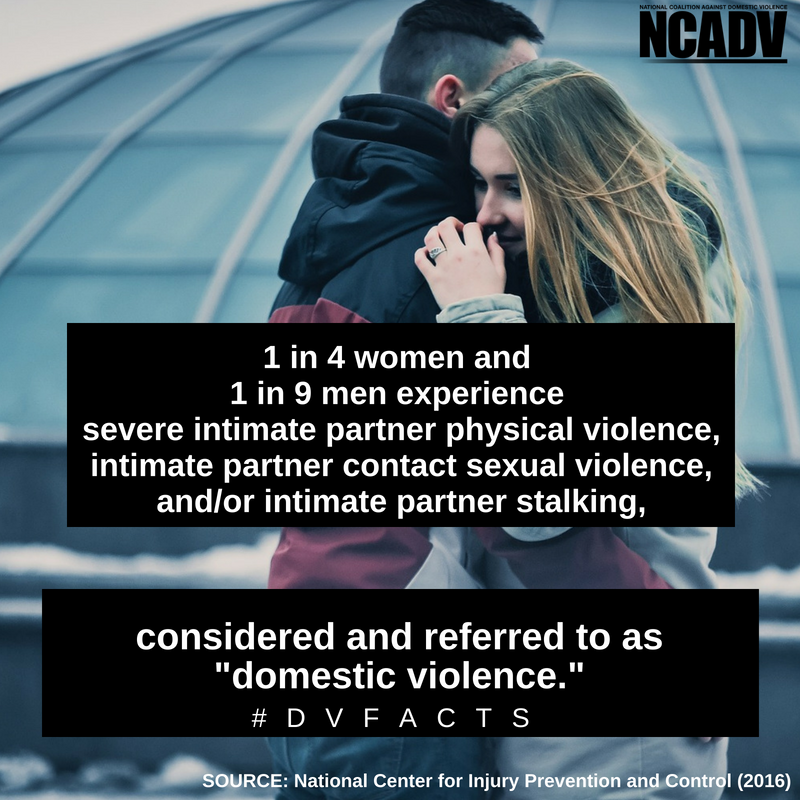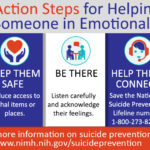Addressing Domestic Violence in the African American Community

Domestic violence can affect people regardless of race, ethnicity, religion, ages, gender or socioeconomic background. However, it affects members of the African American community at much higher rates. In fact, according to Domestic Violence Network’s 2018 State of Domestic Violence in Central Indiana report, African-Americans experience domestic violence at 2-3 times the rate of white couples. This disparity is true of women who are the victims of 85%-95% of instances of domestic violence as well as male victims. It is important to note that domestic violence statistics are widely considered to be under-reported because of the shame or embarrassment felt by either the victim or the perpetrator and/or lack of trust in systems.
The families we serve are approximately 95% African American, so we see firsthand how the problem of
domestic violence is magnified by a reluctance to seek help — largely because of systemic issues in law enforcement and social services. In addition, when help is sought, intervention programs for abusers can lack cultural competency and fail to consider the “violent societal impact of institutionalized discrimination” (NABSW, 2002). To address domestic violence among our participants, we have partnered with Domestic Violence Network to inform our curriculum and train our culturally competent team who understand the lives of the families we serve. Because of the trusting relationships we have formed with participants, they are more willing to discuss this very sensitive topic and seek out the help they need, whether they are the victim or perpetrator of domestic violence.
Social service organizations must employ this kind of culturally relevant and non-judgmental approach to domestic violence prevention if we are to curb its negative effects on our communities – which are many. For instance, children who come from houses where domestic violence occur often suffer symptoms of PTSD, nightmares, social anxiety and are more likely to experience domestic violence, substance abuse, and unintended pregnancy as adults and teens (Futures Without Violence). In order to “improve the life chances of children”, a key part of our mission statement, we will continue to address domestic violence with every Strong Fathers class, as well as with their partners through our Woman2Woman classes.
If you or someone you know is dealing with domestic violence, please call the national domestic abuse hotline 1-800-799-7233 or visit their website at www.thehotline.org. Or, to find local domestic violence supportive services, you can call 2-1-1 or 317-926-4357. You can also visit the resources page of our website for a list of local domestic service providers


